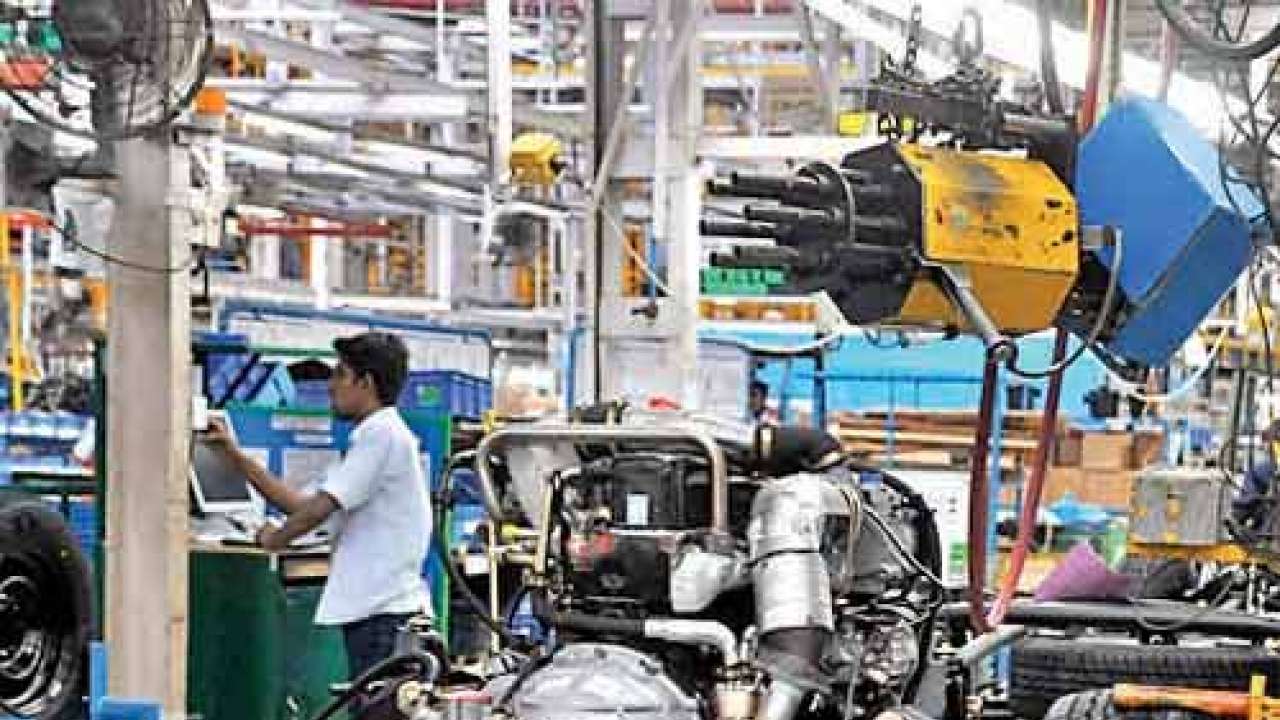
As the government on Wednesday allowed function of industrial units located with access control in SEZs or in rural areas from April 20, the Associated Chambers of Commerce of India (ASSOCHAM) said the exemptions can help partial but key restoring of the economy amid nationwide lockdown over coronavirus.
Exemptions from lockdown measures are wide-ranging in nature and under the given circumstances of a health emergency, this is the best we could expect from the government, said ASSOCHAM Secretary General Deepak Sood.
While the nationwide lockdown has been extended till May 3, the fresh guidelines issued by the Ministry of Home Affairs has allowed function of industrial units located in rural areas from April 20 by observing strict social distancing norms.
All public transport, including the inter-state, inter-district, metro, bus services will be suspended till May 3.
"Industries operating in rural areas or outside the municipality limits, special economic zones and industrial townships with certain conditions, which can be fulfilled with some costs, are a kind of partial lifting of lockdown. This is, in a way, graded opening of the economy, a proposition being advocated by ASSOCHAM. We only hope and would urge upon our members and society at large to strictly follow the SOPs so that this experiment is successful and does not pose any additional health costs," ASSOCHAM said.
Sood said if implemented well and in a responsible manner, the economic activities can be restored to the extent of 30-40%
"After all, segments like food processing, cargo movement, postal services, courier services, ports, manufacture of IT hardware, mining, electricity generation, telecom, jute industries, packaging material, pharmaceuticals besides all essentials are being allowed. The entire agri value chain has been covered under the exemptions. The challenge lies how well we are able to use these exemptions in full conformity of the guidelines and in spirit of Prime Minister Shri Narendra Modi's call for strict adherence to safety measures," the corporate body said.
Besides, with the emphasis on digital economy and the government departments, banking services remaining functional, we need to be treading with caution since we are up against a viral enemy which remains invincible so far despite best of global efforts, it said.
Prime Minister Narendra Modi on Tuesday announced the extension of nationwide lockdown to battle novel coronavirus till May 3. The detailed guidelines in this regard were issued by the Ministry of Home Affairs on Wednesday.
According to the guidelines, several industrial and agricultural activities will be permitted from April 20 in certain areas where no COVID-19 hotspot has been reported. Activities permitted include agricultural, horticultural activities, farmers and farmworkers in field, procurement of agri products, and 'Mandis'.
Manufacturing units of drugs, pharmaceuticals, medical devices, construction of medical infrastructure including the manufacture of ambulances to remain open from April 20, the ministry said.
Manufacturing, industrial units with access control in SEZs, Export Oriented Units, industrial estates, industrial townships to be allowed to function from April 20.
Permitted industries must make arrangements for stay of workers within their premises or adjacent buildings by observing social distancing norms, the Home Ministry said.
All important financial services like banking and insurance will continue to function as they did in the first phase of 21-day lockdown.
However, the exemptions given from April 20 will not be applicable in COVID-19 hotspots/containment zones and the State/ UT governments shall not dilute guidelines in any manner but may impose stricter measures as per local requirements, it said.